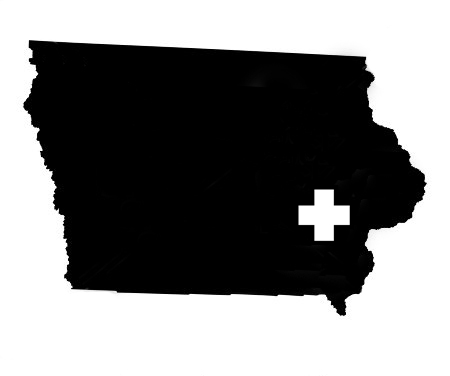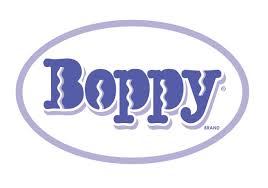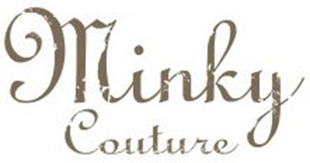UICCU tackles the topic of credit scores
There's a reason for this: Your three-digit credit score tells lenders exactly what kind of a consumer you've been. Have you been a sloppy consumer, one who pays bills late or misses payments on a regular basis? Your credit score will show it. Have you been a responsible consumer, one who's never paid a credit-card bill late or missed a car-loan payment? Your credit score will show that, too.
Most lenders today rely on the FICO credit-scoring system. This three-digit score ranges from a low of 350 to a high of 850. If you want to borrow money, and you want to borrow it at low interest rates, you'll need a score closer to the higher end than the lower. What's included in your FICO credit score? Your credit score takes into account your payment history, or how often you miss payments or pay your bills late; the amount of debt you owe; the length of your credit history; and the types of credit that you use.
The most important of these factors is your payment history, which FICO says accounts for 35 percent of your credit score. Coming in a close second is the amount of debt you owe, which accounts for 30 percent of your score. Lenders will look at the amount of debt you have in the form of mortgages, car loans, student loans and credit card debt, as compared to your overall income. This is your debt to income ratio. In general, you'll want to keep that number below 36 percent -- a threshold that loan officers and credit card issuers often use as a factor when they determine how much they're willing to lend you.
In addition one of the factors used to determine your credit score is “credit card utilization rate”. This is the overall percentage of credit limits you’re using (calculate by dividing your total credit card balances by your total credit card limits). Typically, the lower this percentage, the higher your credit score.
The lesson here? If you want a strong credit score, you need to pay your bills on time, never miss a payment and pay down as much of your credit-card debt as possible.
UICCU can help you do that. Come into any of our branches or call us at (319)339-1000. We can take a look at your finances and help you build a better credit score.

 RSS Feed
RSS Feed






